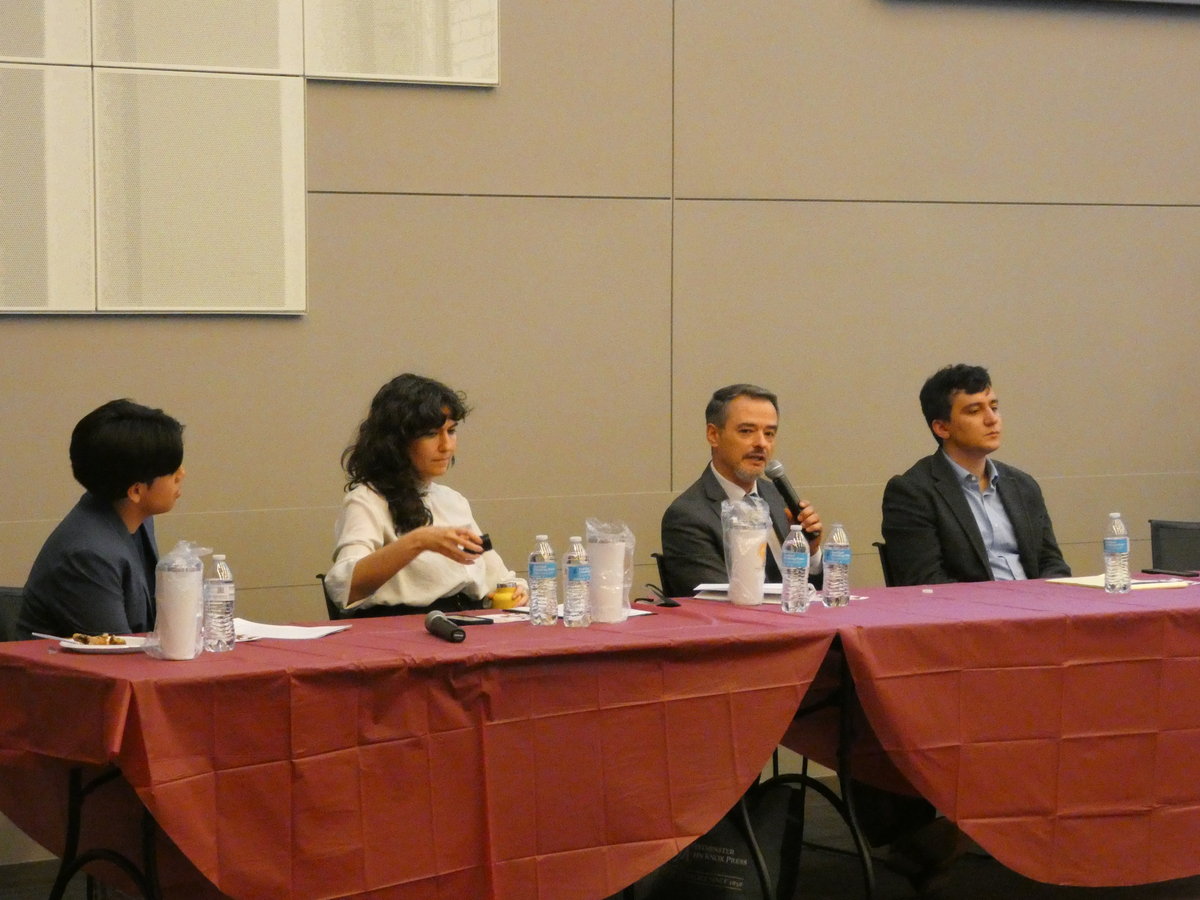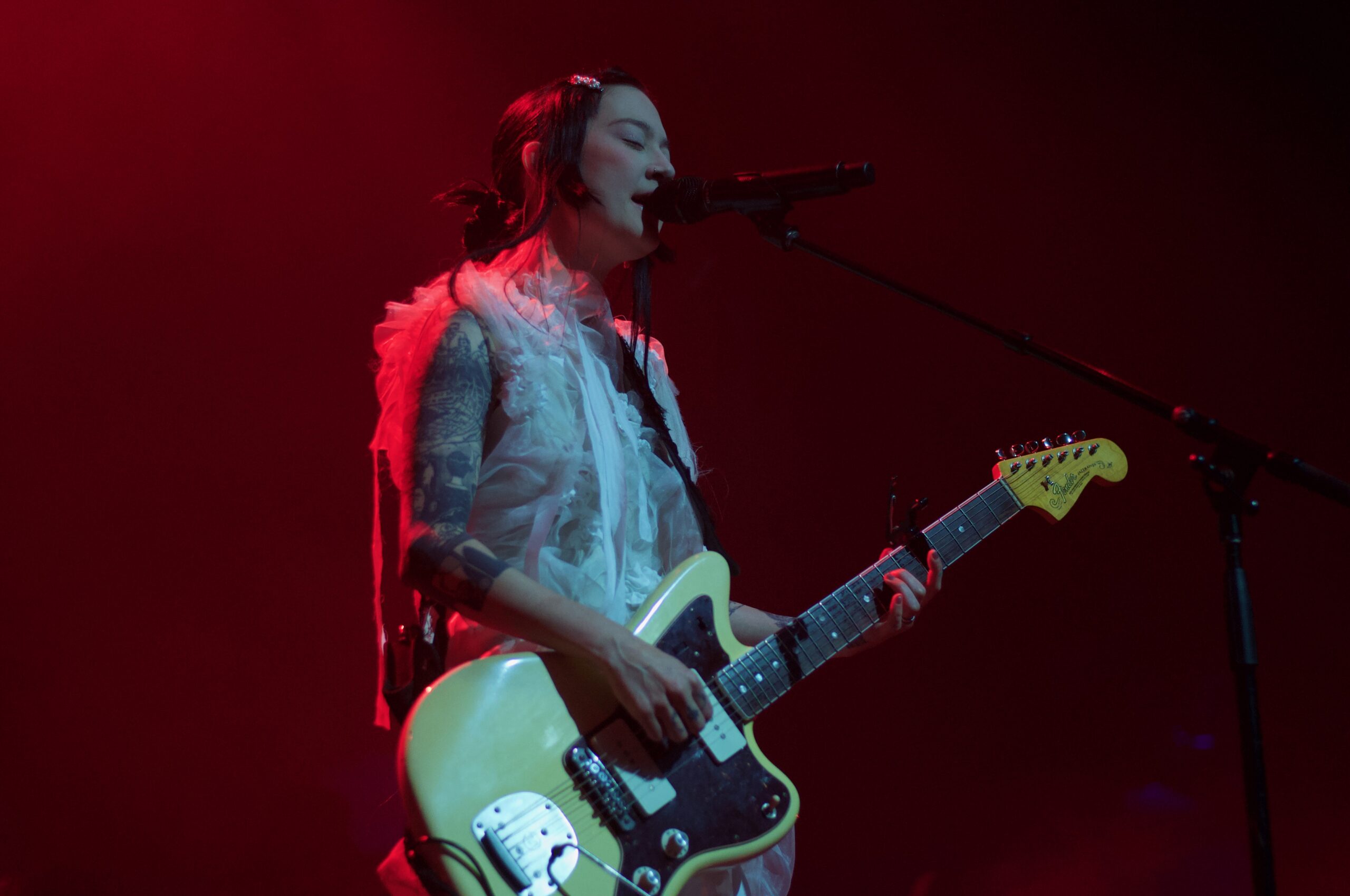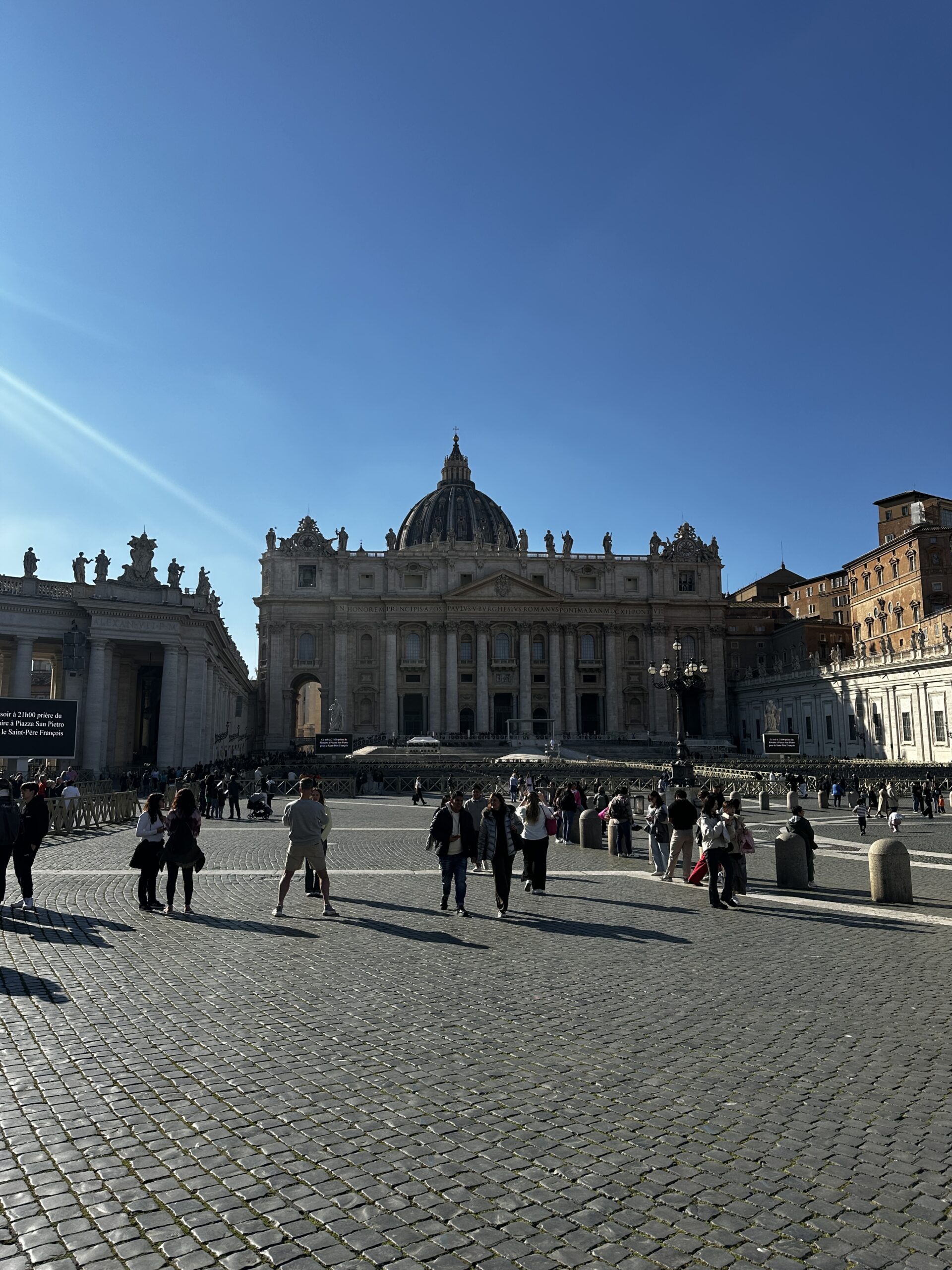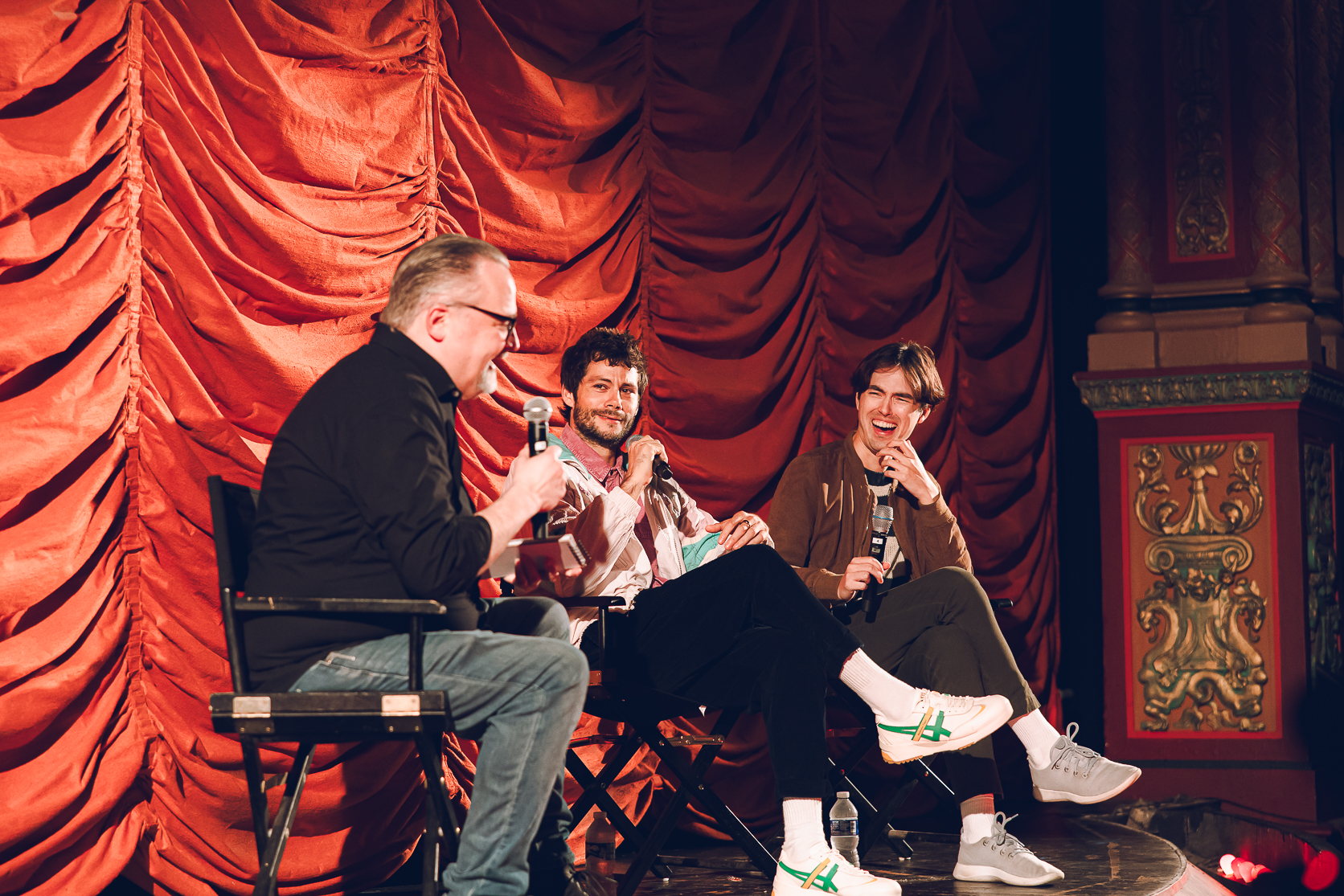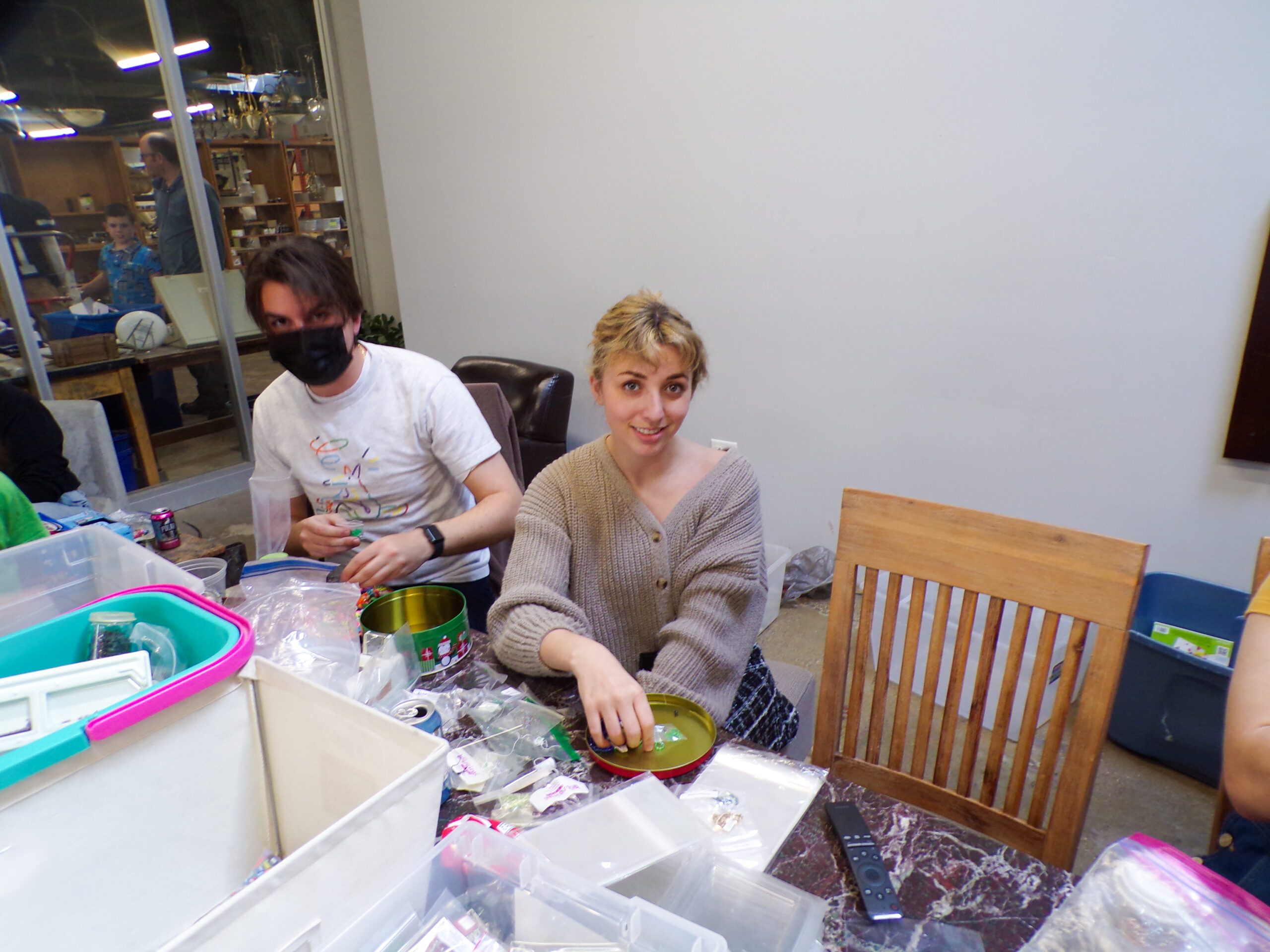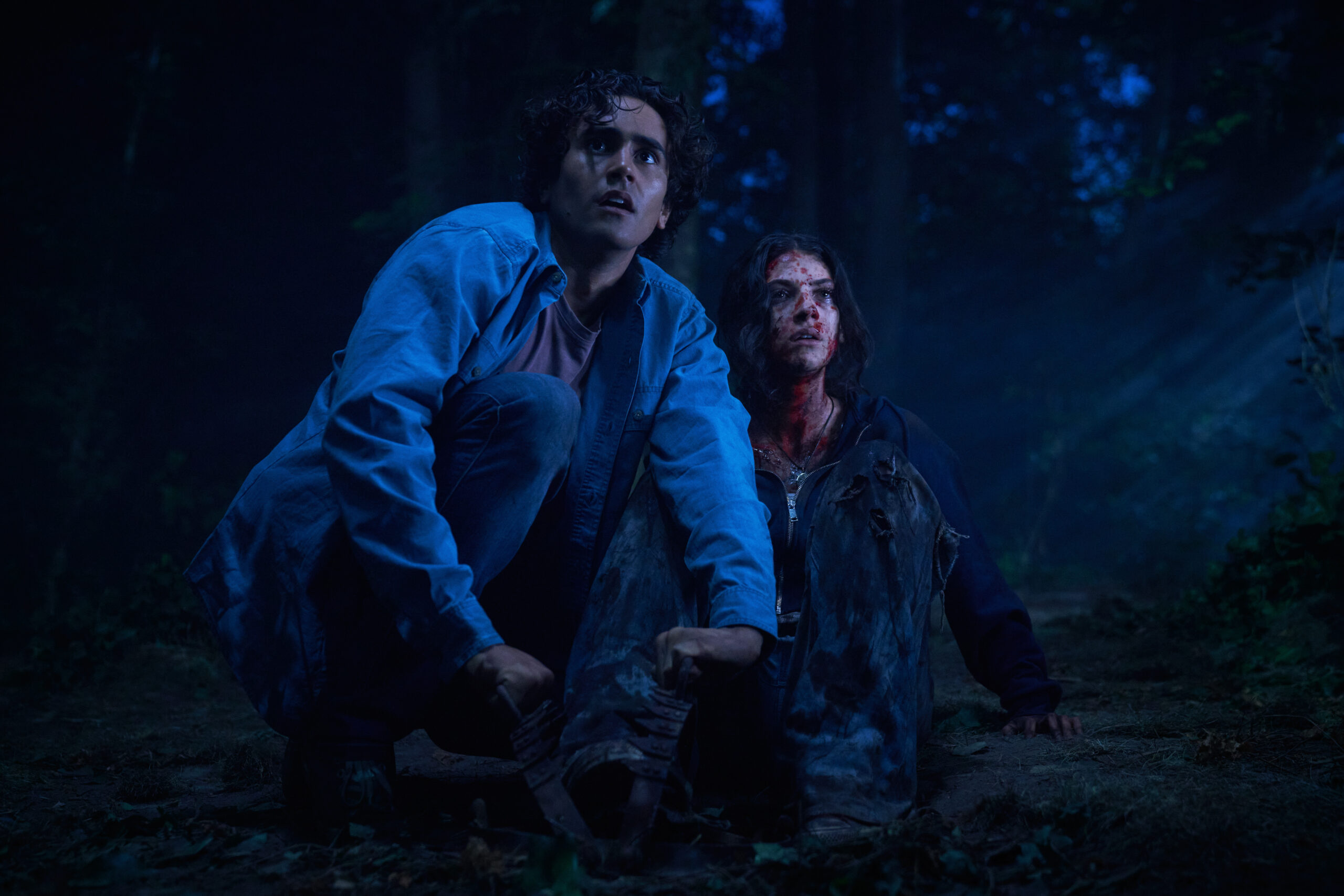The event was hosted in collaboration with the Center for Diversity and Inclusion to inform students how to engage in activism while protecting their rights.
Loyola’s Ramblers Analyzing IDEAS hosted the Know Your Rights Panel: Student Activism event Oct. 24 in coordination with the university’s Center for Diversity and Inclusion. The event sought to give students both the empowerment and knowledge to grow their activism while simultaneously protecting their individual rights as people.
The event was held in Damen MPR South and included four key speakers with different areas of expertise. The first was from outside the Loyola community, Daniel Massogolia, the director of the Civil Rights Clinic at First Defense Legal Aid. First Defense Legal Aid is a Chicago based organization providing legal services to communities that are over-policed.
From within the Rambler community was Will Rodriguez, dean of students, Molly Greening, an instructor in the Department of Theology, and Daniel Williams, president of the Student Government of Loyola Chicago.
Ramblers Analyzing Ideas is an organization within the Center for Diversity and Inclusion that serves to give students the resources to engage in advocating for social justice. Their organization consists of student leaders, called idealists, who help coordinate workshops and events to foster empowerment and development for aspiring and continuing activists.
Williams began the informational section of the event by giving a presentation on SGLC, highlighting their mission and providing information on the responsibilities of each branch of government, including his own as president. He emphasized the importance of student voices, not just within SGLC, in ensuring the broader student body population knows SGLC is a valuable resource to turn to when they have concerns.
“We are always looking for ways to constantly pursue the needs of students,” Williams said. “We always encourage students to come to us and work with us. We do our best to be accessible to the student body.”
The event then moved into the panel portion where students were encouraged to ask questions about their rights as activists, specifically within the guidelines of Loyola’s policies. All of the panelists were able to answer the questions.
The conversation focused heavily on the changes to policies within the Community Standards Handbook that went into effect this year. The changes introduced restrictions on how students can protest, The Phoenix reported, including limiting protests to the West Quad and within the hours of 9 to 5.
Massogolia provided legal advice on how to go about protesting so students could better understand what rights they have, and to what extent they’re applicable in certain situations — specifically the First Amendment as it applies to freedom of speech and assembly.
“In general, for a private university like Loyola, the First Amendment plays more of a moral and political role than it does a legal role,” Massogolia told the audience. “This is going to be a different situation if you are attending a demonstration on campus versus off campus.”
Massogolia emphasized the differences in First Amendment rights at private institutions, stating in most cases for a violation to take place it must be a state entity carrying out action.
“Like a public institution, it is a qualitative difference with a private and public institution,” Massogolia said.
Massogolia also stressed to students the first thing they should do upon being approached by a police officer is to ask if you are being detained. Upon detainment your Fourth Amendment rights are activated, giving students the right to remain silent until they have access to legal representation.
On the administrative side, students posed questions to Rodriguez on the changes to Loyola’s policies.
Students in the audience asked numerous questions on the specifics as to why these changes were made, how to make their voices heard despite the restrictions and what the consequences would be if they violated the updated community standards.
Several audience members also voiced frustrations with the policy, specifically in the context of the frequent pro-Palestine demonstrations on campus over the last year, The Phoenix previously reported.
“It feels quite retaliatory against protests that happened last year,” Madelaine Brix, a fourth-year visual communications major, said in an interview with The Phoenix. “I want some answers as to specific guidelines, what is and is not allowed, and specifically why these changes were made.”
Several students said the new policies make it difficult to get their message across and as the winter season approaches they fear they will only be met with more challenges, mentioning Chicago’s winter may make it difficult to protest when demonstrations are limited to the West Quad.
Rodriguez addressed the audience’s varying concerns and also attempted to provide clarity on how the new policies will work. Specifically, students wanted to know what would happen if they decided to protest indoors, especially once it gets colder.
“I will always, once I learn of it, be there and work with students,” Rodriguez said. “My goal is always to work with students as much as possible, but I can’t give you a clear answer. It all depends on the circumstances.”
Rodriguez said during the panel the totality of the feedback from the community surrounding previous protests was the reason for the policy change.
“The change was based on feedback from staff, faculty, students and complaints as well,” Rodriguez said. “I never said it was based on a violent protest or anything like that.”
Greening chimed in on the discourse, suggesting protests are supposed to garner feedback and complaints like the ones Rodriguez received.
“A protest is supposed to disrupt business as usual,” Greening said. “It means that’s what was intended, and that is causing some issues for administrators that they have to navigate.”
As the dialogue between panelists and students wrapped up, Williams invited the audience to attend SGLC’s weekly Senate.
V Viswanathan, a fourth-year biology major in RAI, said they aided in the coordination of the event. They thought it was successful in supplying facts to students while also supporting their mission of helping to bring the Center for Diversity and Inclusion to the community as a resource for students.
“I think a lot of the conversations being held with admin and students are in closed rooms,” Viswanathan said. “I think it was really important that it seemed kind of like a community town hall or community forum because I think we saw a lot of vagueness with how these policies came to light.”
Yolena Regmi, a fourth-year criminal justice major in RAI, also played a major role in coordinating the event to make sure it was both informative and allowed for students’ voices to be heard.
“I think a lot of times administration tries to make students feel like they’re alone, that no one agrees with their message,” Regmi said. “In reality they just need someone to give them a space for them to all get connected together, to realize that they all have the same mission or goals. Like this event, there were so many different identities and backgrounds and grade levels here, and they all realized that they’re passionate about this particular issue.”

